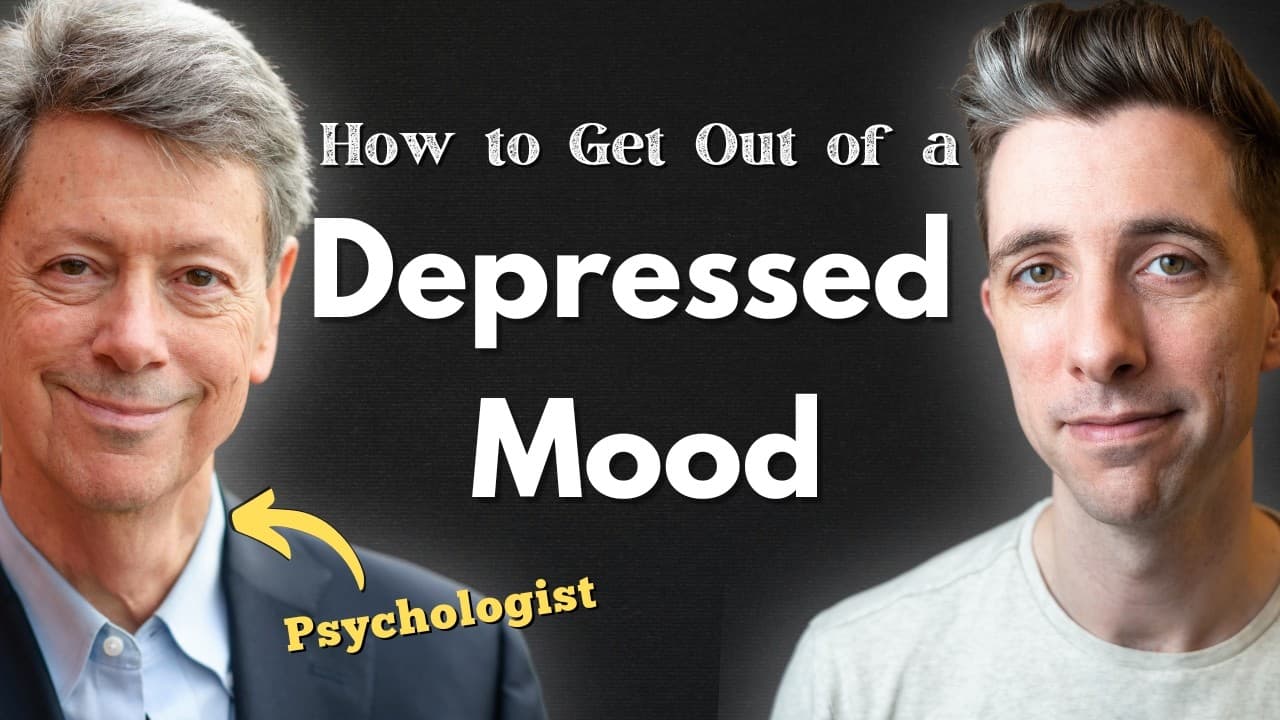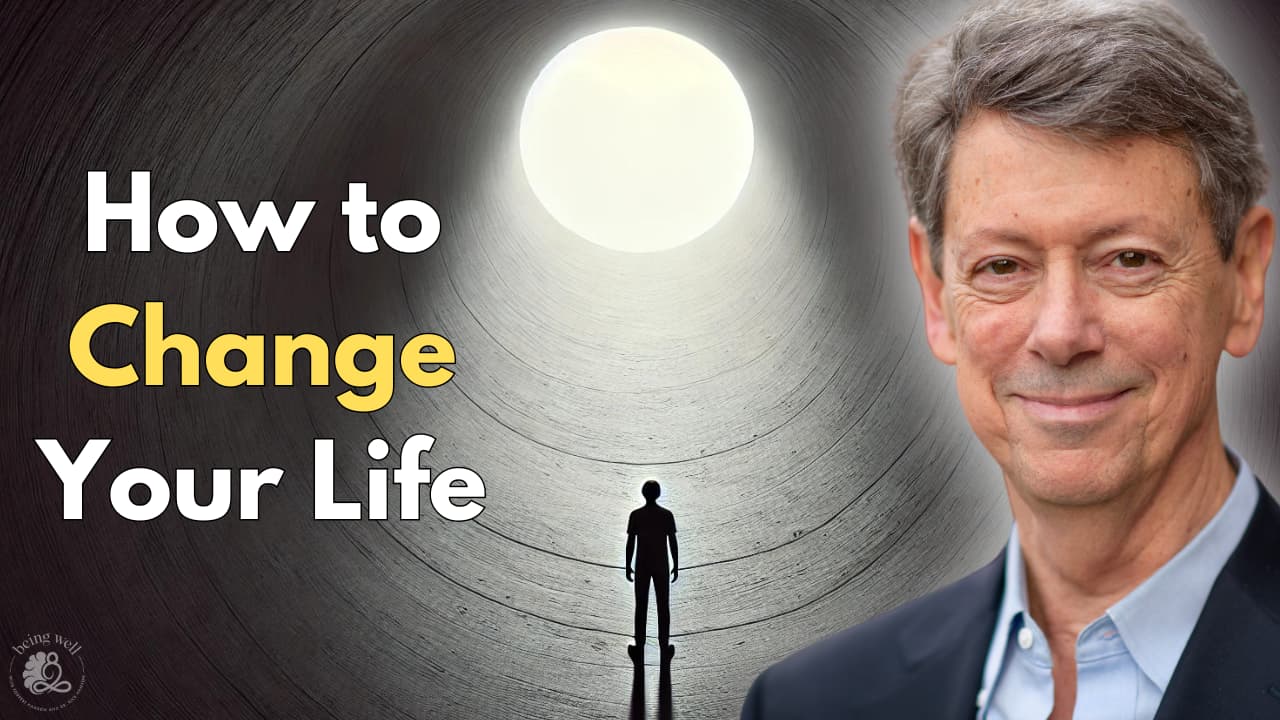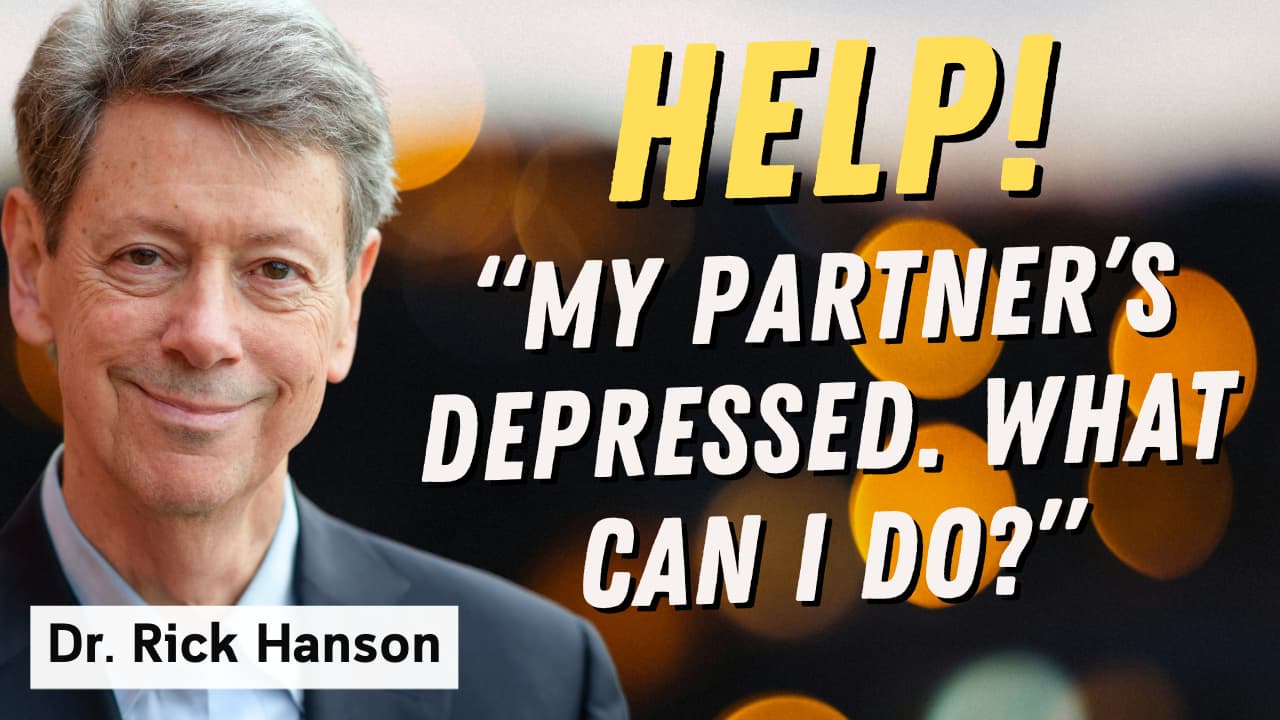On this episode of The Being Well Podcast, Dr. Rick and Forrest discuss understanding the flight response to stress, which includes feelings of anxiety and fear, avoidant behavior, and an underlying sense of insecurity. They explore the emotions and behaviors associated with the flight response, and how we can build up a stronger, more secure sense of who we are. Rick shares some practical tools that will help you change your self-concept, safely apply principles from graduated exposure, and feel safer from the inside-out.
I’ve loved this series on the stress responses, and think you’ll get a lot out of this episode on understanding the flight response.
Key Topics:
- 0:00: Introduction
- 1:00: The purpose of the flight response, and when it is and isn’t useful
- 5:35: Social withdrawal, conflict avoidance, and preserving safety vs. comfort
- 12:15: The trouble with low likelihood, high-cost risks
- 16:35: Exploring our capacity for stress, and identifying the risks worth taking
- 26:30: Feeling “sturdy,” and why we choose the flight response vs. other stress responses
- 33:30: Graduated exposure
- 39:05: Learning to trust our new capabilities as we change
- 44:50: Overdoing a change as a form of self-sabotage, and reserving the power to flee
- 54:25: Responding to anxiety
- 1:01:40: Being present with painful situations we can’t escape
- 1:08:40: Recap
Forrest is now writing on Substack, check out his work there.




